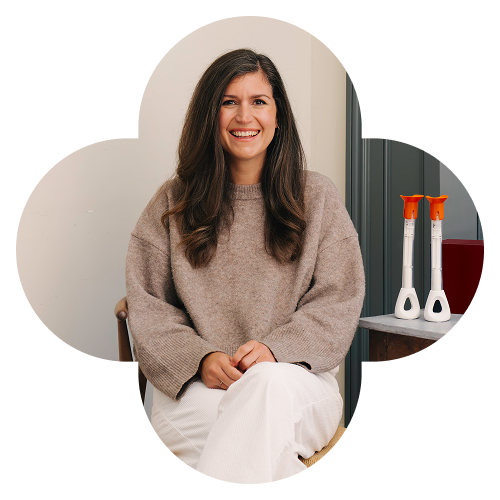If you don't already know, secondary infertility is when someone, who has already had children, struggles to get pregnant again. This can be really tricky to navigate because you've already got pregnant once – surely it should be just as easy the second time around, right? Wrong.
What causes secondary infertility?
Secondary infertility is caused by the same things that cause primary infertility, chiefly:
- Ovulatory problems
- Fallopian tube disorders
- Uterine conditions
- Low semen quality
- Unexplained infertility (a frustrating diagnosis where no cause is determined)
When to seek help for secondary infertility
It can be difficult to ask for help, especially when it comes to fertility problems. It's always worth checking and we recommend speaking to your general practitioner or primary care physician if:
- You have any known fertility issues
- You're under 36 and have been trying for 1 year
- You're over 36 and have been trying for 6 months.
Being the elephant in the room
Secondary infertility can be an isolating diagnosis. Many people don't understand the burden of secondary infertility and support can be less forthcoming because you already have a child. Friends and family (and even doctors) all too often downplay the struggles of secondary infertility. After all, you already have a kid right?
The truth is that the struggle to conceive can evoke the same feelings whether it's child number one or child number three. Everyone has an idea of what their family might look like and wanting more children does not mean you are any less grateful for the children you already have or that you love them any less.
Seek support
While this may feel harder when you already have a child, it’s just as important to get the support you need. You can access peer support groups which are specifically directed towards those suffering from secondary infertility. You can also opt for a more personal approach and talk to a counsellor who specialises in infertility.


Share:
Balancing fertility and work
Trans Visibility Day 2023